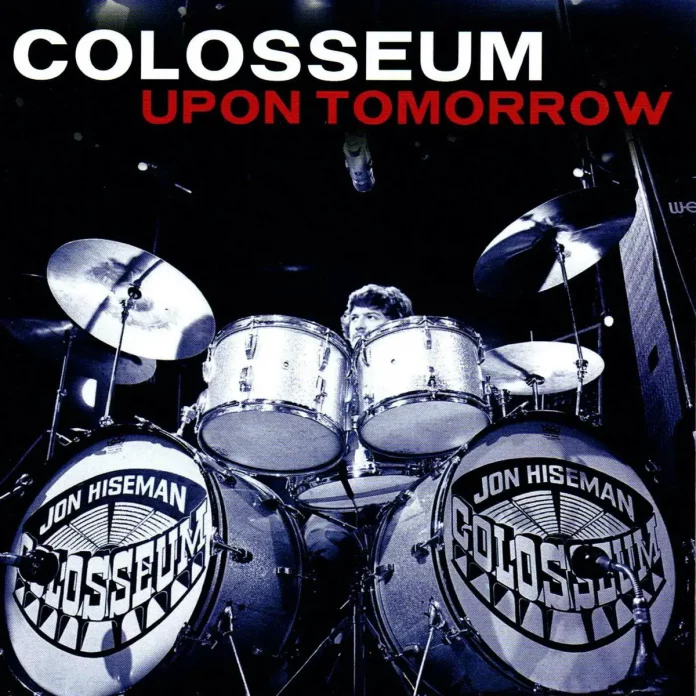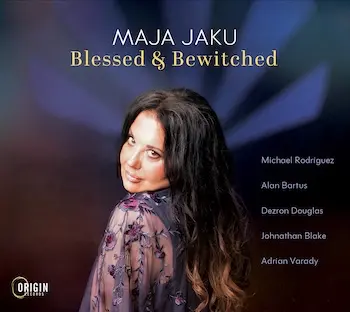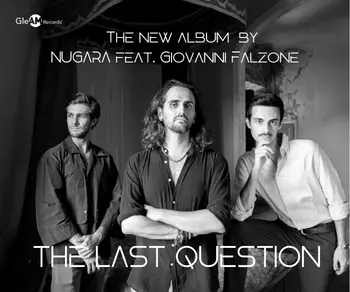Led by Jon Hiseman, this most innovative of jazz-rock bands released three studio albums and one live album during its first incarnation (1969-1971). Arguably the first two studio albums Those Who Are About To Die Salute You (Fontana, 1969) and Valentyne Suite (Vertigo, 1969) and the double live album, Colosseum Live (Bronze, 1971) captured the band at the height of its powers. The third studio album Daughter Of Time (Vertigo, 1970) was more problematic with fewer memorable numbers and difficulty playing them live.
Hiseman played with saxophonist Dick Heckstall-Smith in The Graham Bond Organisation where he took over the drum duties from Ginger Baker. Hiseman and Heckstall-Smith along with bassist Tony Reeves had also played and recorded with the New Jazz Orchestra led by Neil Ardley. They formed Colosseum and recruited Dave Greenslade on organ and keyboards and James Litherland on guitar and vocals.
Whilst Hiseman was undoubtedly the driving force, there was no natural compositional leader. Most often the tunes they wrote for their repertoire were collectively written. In Heckstall-Smith’s memoir The Safest Place In The World, he quotes Hiseman thus: “Material is always a problem, and when you are successful it means you are working very hard, and it is difficult to fine time to write or even just sit down and think.”
Colosseum was a very popular band but by the time they went into the studio for a prospective fourth album, the magic of, say, Valentyne Suite had started to evaporate somewhat. By now Reeves and Litherland had departed to be replaced by Mark Clarke on bass, Clem Clempson on guitar and the dynamic Chris Farlowe on vocals. Farlowe’s presence was keenly felt on Colosseum Live which even included a spectacular version of Mike Gibbs’ Tanglewood ’63 with Farlowe’s wordless vocals to the fore.
Hiseman biographer Martyn Hanson regarded Upon Tomorrow as the album that could have been. However, due to the waning energies of the band, the tunes, though relatively well-structured, are not universally catchy. Mike Taylor and David Tomlin’s timeless Jumping Off The Sun is fine but The Pirate’s Dream, a version of which appeared on Heckstall-Smith’s solo album A Story Ended (Bronze, 1972) had, according to Heckstall-Smith, “gradually grown until it became a 12-minute epic albatross that hung around Colosseum’s neck – even in its way, playing a minor role in its demise”. Weirdly, the first of the two cuts appearing on CD2 ends abruptly, bereft of a proper finale.
CD1 contains two tracks from the famous Supershow which featured big names such as Eric Clapton, Led Zeppelin, Rahsaan Roland Kirk and Colosseum. On an unspecified 14 May 1970 live recording, the tune Valentyne Suite may have revealed early signs of ennui creeping-in when Dave Greenslade quotes from Sunshine Of Your Love during his solo. On Downhill And Shadows from the same concert, Hiseman’s five-minute drum solo is a masterclass of precision. Despite its idiosyncrasies, Upon Tomorrow remains an important archival document of a groundbreaking band.
Discography
CD1: (1) Those Who Are About To Die Salute You; Debut; (2) Downhill And Shadows; The Valentyne Suite (short version): a. January’s Search; b. February’s Valentyne; c. The Grass Is Always Greener (31.15)
CD2: (3) Upon Tomorrow; Jumping Off The Sun; Sleepwalker; The Pirate’s Dream; (4) Thank God For Things That Grow; The Pirate’s Dream; Upon Tomorrow; Thank God For Things That Grow (65.16)
(1) Jon Hiseman (d); James Litherland (elg); Dick Heckstall-Smith (ts, ss); Dave Greenslade (org, kyb); Tony Reeves (elb). Staines, 26 March 1969.
(2) as (1). London, 14 May 1970.
(3) omit Litherland, Reeves, add Clem Clempson (elg); Chris Farlowe (v); Mark Clarke (elb). Unknown place and date.
(4) as (3). London, 1 August 1971.
Repertoire REPUK1466




